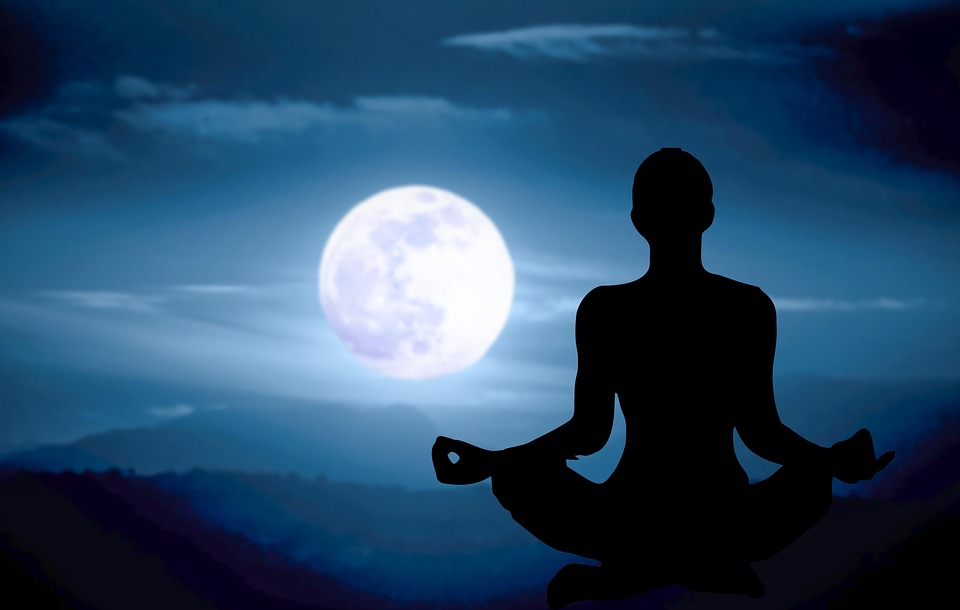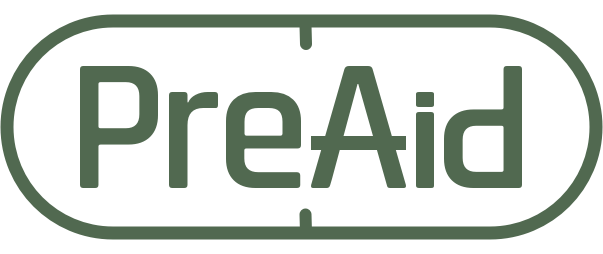Your basket is currently empty!
Top 10 Effective Techniques for Anxiety Relief: Your Ultimate Guide to Finding Calm

Top 10 Effective Techniques for Anxiety Relief: Your Ultimate Guide to Finding Calm
Anxiety can feel like an uninvited guest that overstays its welcome, creeping into everyday life and clouding even the sunniest of days. For many, it’s a persistent shadow, lurking at the periphery of our thoughts. But fear not! There are myriad techniques to help soothe the mind and reclaim your peace. Here’s a deep dive into ten effective methods for anxiety relief—a guide that promises not just surface-level comfort but genuine tranquility.
1. Mindfulness Meditation
Imagine being able to anchor yourself in the present moment, allowing worries about the past or future to dissolve like mist in the morning sun. Mindfulness meditation is a powerful technique, grounded in ancient practice, that encourages awareness of the present. Research from institutions like Harvard suggests that just a few minutes of mindfulness each day can significantly reduce anxiety levels. By focusing on your breath and observing your thoughts without judgment, you cultivate a space of calm amidst the chaos.
2. Physical Activity
Engaging in regular physical activity isn’t merely a means to stay fit; it can also serve as a formidable ally in the battle against anxiety. Studies indicate that exercise releases endorphins, those delightful chemicals that promote feelings of happiness and euphoria. Whether it’s a brisk walk around the park or a vigorous gym session, moving your body can shift your mental state, often quite dramatically.
3. Deep Breathing Techniques
When anxiety strikes, our breathing often becomes shallow and rapid. Learning to control your breath can act as a reset button for the nervous system. Techniques such as the 4-7-8 method—where you inhale for four counts, hold for seven, and exhale for eight—can bring your body back into a state of calm. Such practices not only reduce stress but also enhance mental clarity.
4. Journaling
There’s something cathartic about putting pen to paper. Journaling offers a safe space to explore thoughts and feelings, transforming a chaotic mind into a more organised one. As psychologist James Pennebaker notes, expressive writing can lead to improved mental and emotional health. Allowing yourself to articulate your anxieties can be liberating, making them feel less daunting.
5. Nature Therapy
The great outdoors offers an array of healing benefits, often overlooked in our busy lives. Immersing oneself in nature—be it a sprawling forest, a tranquil beach, or even a local park—can significantly reduce anxiety levels. A study published in the journal Environmental Health Perspectives found that spending time in nature lowers stress hormones and boosts mood. So, take a moment to breathe in the fresh air; your mind will thank you.
6. Limit Caffeine and Alcohol
Though it’s tempting to reach for a cup of coffee or a glass of wine to ease tension, both substances can exacerbate anxiety in the long run. Caffeine can lead to jitteriness and increased heart rate, while alcohol, though often perceived as a relaxant, can disrupt sleep and worsen anxiety symptoms. Monitoring your intake can lead to significant improvements in your overall mental well-being.
7. Connect with Others
Human connection is a powerful antidote to anxiety. Engaging in meaningful conversations with friends or family can provide both support and perspective. According to the Anxiety and Depression Association of America, socialising can help alleviate feelings of isolation and loneliness, both of which can fuel anxiety. So, don’t hesitate to reach out; your loved ones are often eager to lend an ear.
8. Professional Help
Sometimes, self-help techniques may not suffice. Seeking professional guidance can be an essential step towards healing. Therapists and counsellors are equipped to provide tailored strategies to manage anxiety. Approaches such as Cognitive Behavioural Therapy (CBT) have shown remarkable efficacy in treating anxiety disorders, helping individuals reframe negative thought patterns.
9. Aromatherapy
The power of scent is often underestimated. Aromatherapy, the use of essential oils for therapeutic purposes, can create an ambience of calm. Scents like lavender and chamomile have been scientifically proven to reduce anxiety and promote relaxation. A simple diffuser or a few drops on your pillow can transform your space into a sanctuary.
10. Establish a Routine
In a world that often feels chaotic, establishing a routine can provide a sense of structure and predictability. Routines help to ground us, making the day feel more manageable. Incorporating calming activities—such as reading or stretching—into your daily schedule can foster a sense of control and reduce feelings of anxiety.
Finding calm amidst the storm of anxiety is not a one-size-fits-all journey; it requires exploration and self-discovery. By integrating these techniques into your life, you can build a toolkit that equips you to face each day with a renewed sense of peace. And remember, at BargainsTrust, we’re committed to bringing you curated information and products that enhance your well-being, helping you navigate through life’s ups and downs with confidence.
Related Blogs
-

Unlocking the Benefits of a High-Protein Diet: Boost Your Health and Fitness
-

Transform Your Evenings: The Ultimate Guide to an Effective Evening Routine for Better Sleep and Productivity
-

The Transformative Power of Gratitude: Enhancing Mental Health and Wellbeing
-

Unlocking the Benefits of a Low-Carb Diet: Your Ultimate Guide to Healthy Living
